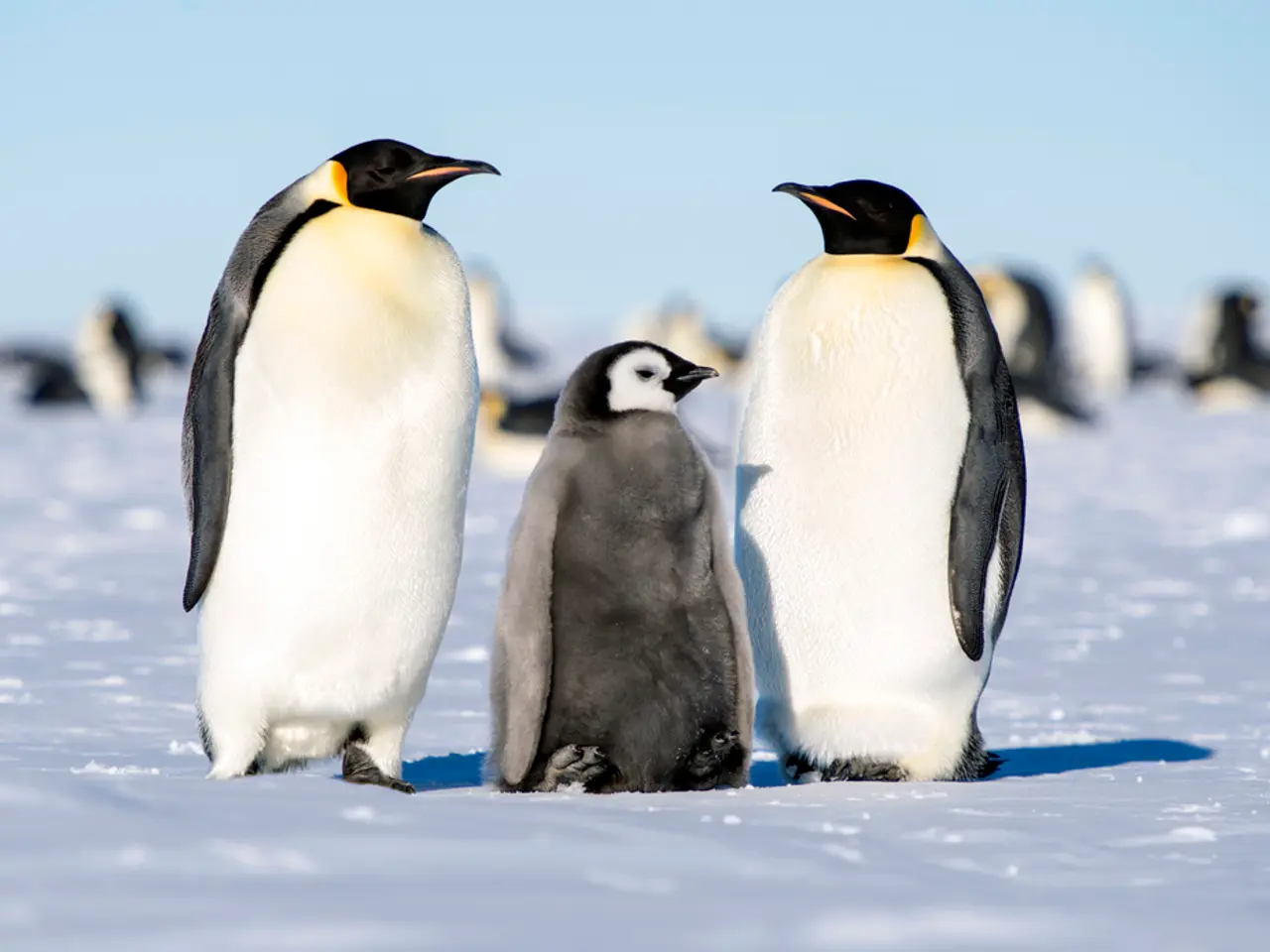Mad Honey Poisonings Surge; Antarctic Glacier Retreat Speeds Up
A rare food source, dubbed 'mad honey', has sparked concern due to its potential toxicity. Meanwhile, the rapid retreat of an Antarctic glacier could significantly impact global sea levels. In election news, the Justice Department is deploying federal monitors to crucial elections in New Jersey and California. New guidelines on peanut introduction have shown promising results in reducing allergies. However, the Trump administration's cut to food stamp benefits has raised concerns. Lastly, rising temperatures may pose challenges for elite runners aiming to break records.
Mad honey, produced by bees that feed on certain rhododendron flowers, can cause hallucinations and even cardiac arrest if consumed in large amounts. This rare food source, found mainly in the Himalayas, has led to several poisonings and deaths in recent years.
The West Antarctic glacier, Thwaites, has shrunk by nearly 50% in just two months. This rapid retreat is the fastest recorded in modern history and could have major implications for rising sea levels worldwide. Scientists warn that the melting of this Antarctic glacier alone could contribute significantly to global sea-level rise.
A study published in the journal Neurology suggests that increasing physical activity, such as walking more, could slow cognitive decline in older adults. The research found that those who engaged in more physical activity had a slower decline in thinking and memory skills compared to those who were less active.
In election news, the Justice Department is sending federal monitors to New Jersey and California for their crucial elections on Tuesday. While the move is intended to ensure free and fair elections, some worry that the monitors could be used to undermine the process or sow doubts about the results. Independent expert observers and bipartisan election monitors are typically deployed in these states to oversee elections.
New guidelines on introducing peanuts earlier in life appear to be helping reduce peanut allergies. The American Academy of Pediatrics now recommends introducing peanut-containing foods as early as 4 to 6 months for infants at high risk of allergies. This change in guidance has led to a decrease in peanut allergies among children.
The Trump administration has announced that it will provide only half of the usual food stamp benefits in November. This cut, which affects millions of Americans, has raised concerns about food security and nutrition. The move is part of the administration's efforts to tighten work requirements for food stamp recipients.
Rising temperatures could make it harder for elite runners to break records. A study published in the journal PLOS Climate found that increased heat and humidity due to climate change could lead to slower race times. The study suggests that elite runners may need to adjust their training and racing strategies to adapt to these changing conditions.
The potential toxicity of mad honey and the rapid retreat of the Antarctic glacier serve as stark reminders of the impacts of human actions on our environment and health. Meanwhile, the deployment of federal monitors in crucial elections underscores the importance of ensuring fair and transparent democratic processes. The reduction in peanut allergies due to new guidelines offers hope for improved health outcomes, while the cut to food stamp benefits raises concerns about food security. Lastly, the challenges posed by rising temperatures to elite runners highlight the broader impacts of climate change on various aspects of life.
Read also:
- India's Agriculture Minister Reviews Sector Progress Amid Heavy Rains, Crop Areas Up
- Over 1.7M in Baden-Württemberg at Poverty Risk, Emmendingen's Housing Crisis Urgent
- Life Expectancy Soars, But Youth Suicide and Substance Abuse Pose Concern
- Cyprus, Kuwait Strengthen Strategic Partnership with Upcoming Ministerial Meeting






